The death of Mikhail Gorbachev last week transcended politics because it was a reminder of how the culture of the world has changed as well as the bright hopes lost. My late mother was not wrong when she said of Gorbachev that we had not seen his like for statesmanship since Gandhi. Well, there was Mandela but that was different: Gorbachev led one of the two supreme powers on earth and he oversaw its transformation and then its extinction. In purely cultural terms one of the most extraordinary sights in the annals of recent history was to see, courtesy of SBS in subtitled Russian, Gorbachev argue, before the newly reconstructed and democratised Supreme Soviet, the preservation of a looser form of the Soviet Union. He put the case for a system of government which would reflect what he saw as the deep affinity between socialism and Christianity, he made his plea for the desirability in Russia and its allies (its former satellites) of a system that had the virtues of Scandinavian collectivism. It was the most idealised vision Russia had ever produced and it was an attempt to salvage the heart of a confederation powerful and humane which the Soviet Empire had never seen. And, one by one, the various former vassals backed away and said no to him. The former empire was damned if it would turn into a supposedly democratic confederation under Russia’s leadership.
Was Gorbachev doomed from that moment when he had looked like a hero? Before too long there was the attempted coup from the KGB thugs which had President George H. Bush talking about ‘the Right’ by which he meant the continuing communists. And then there was the glorious moment in the history of advertising with that extraordinary beer ad after Yeltsin briefly restored Gorbachev to power. There was the domed head with the birthmark and beneath it the immortal words, ‘It’s good to have a Redback.’
For a moment two worlds seemed to meet in hope. But there was to be no Marshall Plan for Russia in 1991 and before too long Yeltsin – a lover of the vodka Gorby had tried to ban – had opened up everything to the oligarchs and the scene was set for the day when Putin would come sweeping in like the emergence of all that Russian fascism Gorbachev with perestroika had stood against.
It was Herzen, the great Russian liberal, who had prophesied Stalin with the words ‘One day Genghis Khan will come again armed with the telegraph’ and he’s a figure in that trilogy of Tom Stoppard plays The Coast of Utopia about the Russian romantics and exiles. And the comforts and dissipation of vodka run like a slow burning fire in the greatest dramatic representation of the Russia that seemed to drop into darkness with the revolution. Think of the way Astrov, the doctor in Chekhov’s Uncle Vanya, kindles his spirits and his self-reproach with that drink the old Nurse doles out to him. In Sydney in 1992 you could see Peter Carroll play Vanya to the vodka-warmed doctor of Geoffrey Rush.
It’s good to see that next year’s Australian Ballet programme involves a revival of Don Quixote in honour of the ‘70s production with Rudolph Nureyev. Nureyev was one of those supreme dramatic performers and that was apprehensible even if you knew nothing about dance and fancy footwork because every inch of his body vibrated with the power he brought to every nuance of expressiveness. It’s interesting too that when Geoffrey Rush toured Russia in Gogol’s Diary of a Madman the Russians – who have a special place in their hearts for the old tilter at windmills who is the tragicomic hero of the first great novel – told him that he must play Don Quixote. He certainly would have brought to it all the zany power of his mastery of physical comedy.
There’s something beyond farce in the difficulties which have been created about the British attempt to honour one of the nation’s greatest comic writers, Joe Orton. The likes of Ian McKellen and Sheila Hancock think a statue of the famously gay, fabulously funny author of Entertaining Mr Sloane should be erected. The spanner in the works is that Orton supposedly said the new law legalising homosexuality was no use to him, that was only at 21, he liked his boys at 15.
Well, of course Orton would say that, wouldn’t he? Are we supposed to penalise the ghost of a dramatist who was the equal of Sheridan and Wilde because of a provocative bit of hearsay?
When Ralph Richardson did What the Butler Saw the comedy was so beserk – the giggling was so incorrect – that some old buffers in the audience called out, ‘Give back your knighthood!’
Orton doesn’t need statues – and he would no doubt have said something obscene about his own given half a chance – but he belongs with the greatest writers who have ever reduced a theatre audience to helpless laughter.
And in the context of the dodgy charms of youth, you wonder what people of all ages make of the TV version of Puberty Blues which dates back to 2014 but which is a winner from the opening animation of Hokusai’s wave. The kids – in particular the two girls – are glisteningly attractive and lifelike as they negotiate making out with boys who are bits of brutes and who are keen to get it off if only they can fit things together.
The effect of this revamp of the Gabrielle Carey/Kathy Lette novel is breathtaking, though, because the main girls are not only exceptionally attractive in their ordinariness but the whole thing is done with scarcely a breath of anachronism. It’s a 1970s world where people smack their children and where they can be embarrassed talking about sex but are quite capable of playing a game of strip jack naked or – in the case of one jerk of a father – slapping his son around the face out of nothing but ill-feeling. A lot of the putative sex and the whole universe of seething sensuality is done in a way that brings to mind how subtly different – and how familiar – just yesterday was.
Got something to add? Join the discussion and comment below.
Get 10 issues for just $10
Subscribe to The Spectator Australia today for the next 10 magazine issues, plus full online access, for just $10.
You might disagree with half of it, but you’ll enjoy reading all of it. Try your first month for free, then just $2 a week for the remainder of your first year.

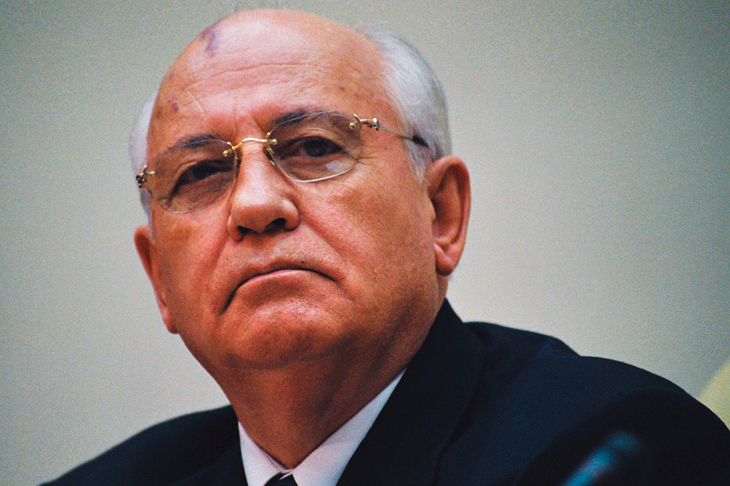
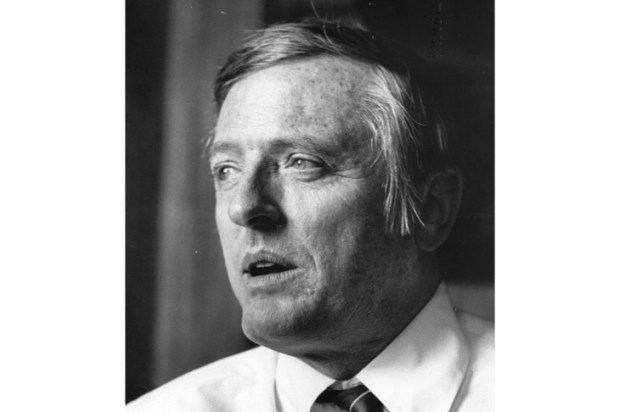
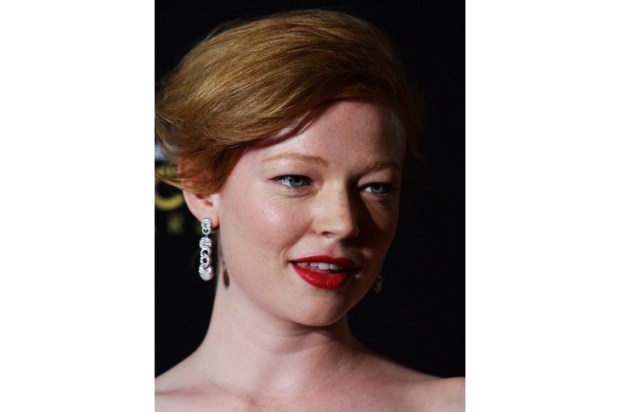
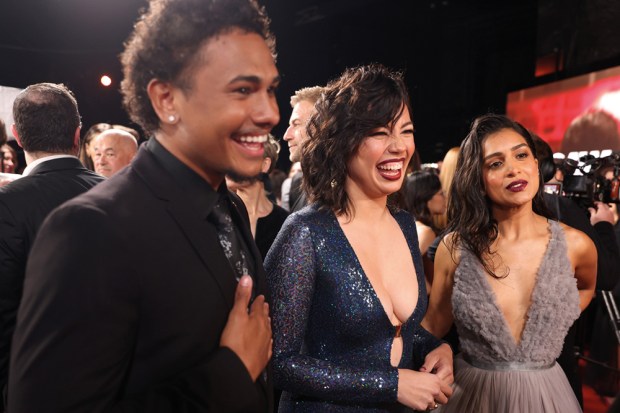
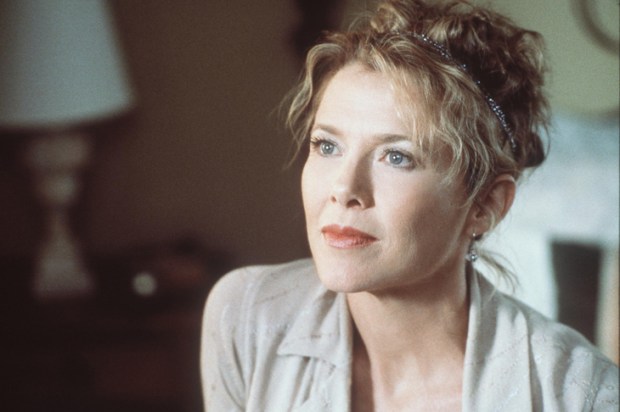
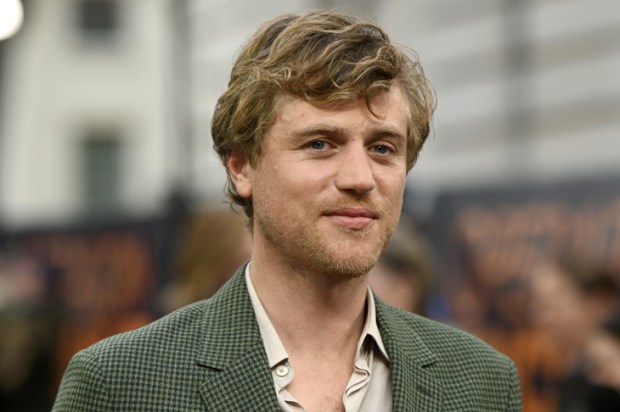
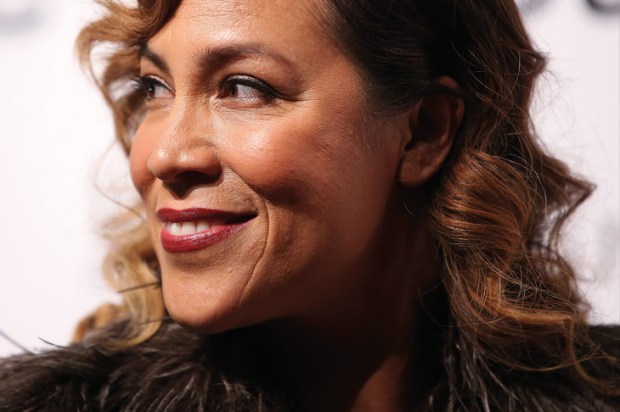






Comments
Don't miss out
Join the conversation with other Spectator Australia readers. Subscribe to leave a comment.
SUBSCRIBEAlready a subscriber? Log in